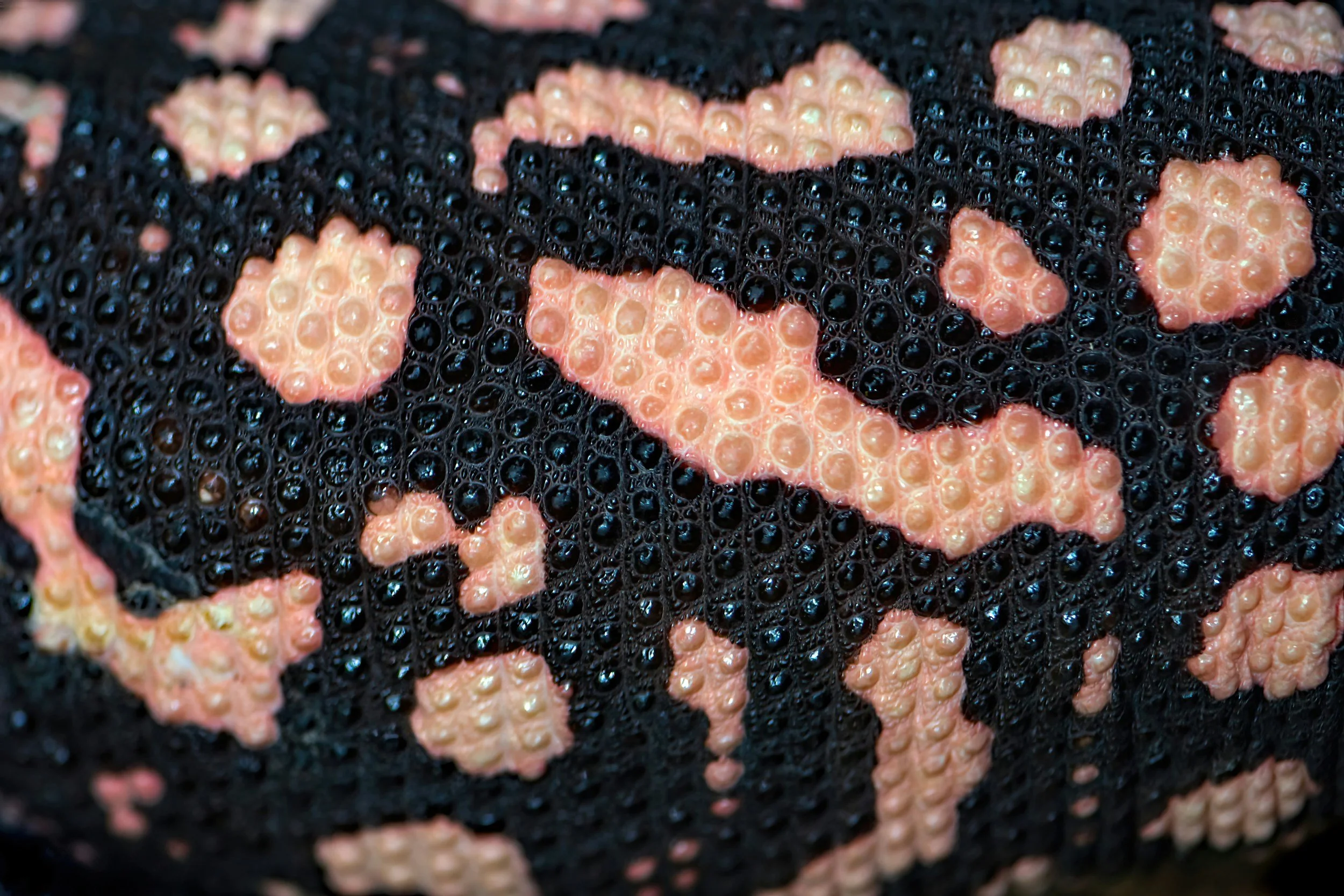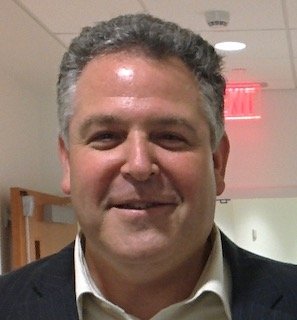
Recent Newsletters

Featured Blog Entries
Integrative medicine can significantly impact health and wellness before, during, and after surgery. Although the impact of integrative medicine is significant, I'm particularly interested in the effects of food and the microbiome in the perioperative period.
I attended the two-day NIH Pain Consortium Symposium on Whole Patient Health. There were some engaging sessions. Interestingly, there was not a single session on the impact of the microbiome on pain--maybe someday!?! The two-day symposium had me thinking about simple, low-risk interventions anyone can do to help modulate their pain.
This year has been full of changes for me. One of the things that ramped up into overdrive was fueling my curiosity. As a result, I increased my consumption of books, podcasts, and audiobooks. During these explorations, I stumbled upon the ZigZag Project.
I love learning. I am a big fan of Shane Parrish's blog, [Farnum Street][1], and his podcast, The Knowledge Project. I was recently listening to the podcast episode, [The "T.R.I.C.K." to Raising Successful People][2] with journalist, educator, and Silicon Valley influencer, Esther Wojcicki. Wojcicki knows a little bit about raising successful kids. She raised three daughters who have each become famously successful as the CEO of YouTube, the Founder and CEO of 23andMe, and a top medical researcher. The premise of the podcast was how to raise kind and fulfilled children. The podcast touched on education and family dynamics. It was fascinating. One of the books Wojcicki mentioned was [Dark Horse, by Todd Rose][3]. Rose leads the [Dark Horse Project at Harvard][4]. The Dark Horse Project is a long-term study of how women and men achieve success by harnessing their individuality.
The global COVID-19 pandemic is causing a crisis in mental and physical health. One way to buffer yourself from the virus is to pay attention to sleep, nutrition, and stress management. Few interventions have more of an effect on stress management than Meditation. I pointed out some of these benefits, in my entry: Meditation, the facts.. As COVID-19 tears across the country, I find myself recommending meditation practice over and over again. Beginning the practice of Meditation will be the topic of today’s entry.
Probiotics are all the rage. But a recent article in the Wall Street Journal, Those Probiotics May Actually Be Hurting Your ‘Gut Health’, drove home a point I often try to make about prebiotics and probiotics.
Probiotics contain live, microscopic organisms. Yogurt, Kefir, Kimchi, Sauerkraut, and other fermented foods have live bacterial strains. The type of bacteria and yeast often vary by brand. Prebiotics contain no live organisms. Instead, they are substances that humans cannot digest. The substances instead feed the beneficial bacteria of our gut (e.g., psyllium or inulin).
If I were granted a single wish to fundamentally alter the education system in the United States, it would be this: teaching meditation at an early age, then reinforcing the practice at every phase of learning.
I'm often asked by my friends and colleagues where they can learn more about the microbiome. Here are a few excellent resources:
About Me
My name is Jeff Taekman. I am a Professor Emeritus of Anesthesiology at Duke University. When I was young, my father stoked my interest in nutrition by telling me many of the world’s longest living people had yogurt (and other fermented foods) as staples of their diet. My father’s statement set off my life-long obsession with the role of food in aging, health, and wellness.
In 2006, in an attempt to improve my health, I began reading extensively on the microbiome. Over the past decade, I have read hundreds (maybe thousands) of manuscripts covering every facet of the influence of the microbiome on health. The more I read, the more I was convinced the microbiome would fundamentally alter the way we practice medicine. Through the application of my reading, both in nutrition and mind-body interventions, I was able to treat my chronic disease successfully. Dietary and mind-body interventions are two of the pillars of health in integrative medicine.
In 2018, I completed a 1000-hour fellowship at the Andrew Weil Center for Integrative Medicine at the University of Arizona. The vast majority of our 2-year curriculum focused on nutrition, supplements, botanicals, sleep, stress reduction, and manipulation of the microbiome. I am particularly interested in the manipulation of the inflammatory response, preservation/manipulation of the microbiome, and non-pharmacologic approaches to pain, anxiety, and depression, but the blog will cover every aspect of the wellness industry.
Integrative medicine is one of the ten areas driving the expansion of the wellness industry. Despite the size and rapid growth of the industry, there is a lack of resources to investigate the veracity of wellness claims. That is the purpose of HealthHippieMD: to curate the “science of wellness” and to help you, the reader, make well-informed decisions about your health.
Thanks for visiting.
Sincerely,
Jeff Taekman
If you'd like to learn more about me and my academic endeavors, please visit my professional portfolio jeffreytaekman.com. You may also find more information about my scholarly work at Linkedin, ResearchGate, Scholars@Duke, or Google Scholar.


















